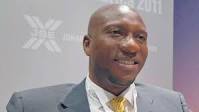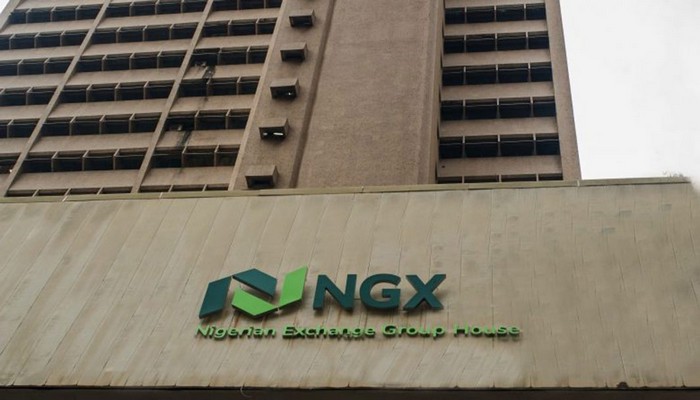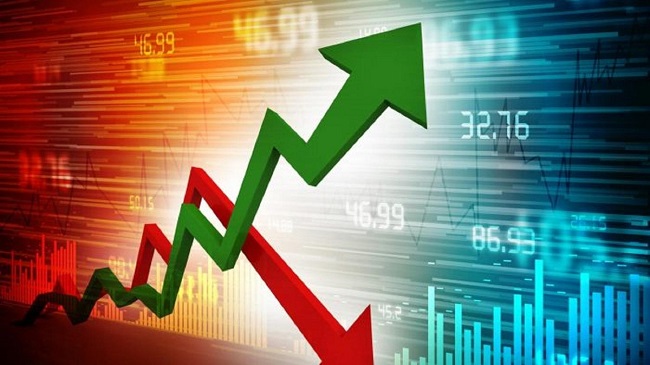
Investors in the capital market have lamented the lull in market activities and the huge lose recorded in the Nigeria Stock Exchange (NSE), where investors lost over N1.24 trillion in the first four months of 2016.
Market capitalisation (the total market value of the shares outstanding of all publicly traded companies) dropped from N9.86 trillion at the beginning of January, 2016 to N8.62 trillion at the closing of transactions in April.
With the drop in market capitalisation, the All-Share Index also dropped by 12.5 per cent to close at 25,062.41basis points from the 28,642.25 basis points with which the equities market opened this year.
Other market indices considered by Business247 include NSE Main-Board Index that dropped by 16.1 per cent from 1,337.85 basis points to 1,121.94 basis points while NSE 30 Index closed in four months at 1,098.2 basis points, down 14.7 per cent from 1,287.67 basis points the market opened this year.
NSE Banking Index closed at 235.3 basis points, shedding 12.4per cent in four months of 2016; NSE Insurance Index closed at 132.69 basis points, with a loss of seven per cent year-to-date; while the NSE Consumer Goods Index ended in four months at 611.05 basis points, falling by 18.1 per cent from 746.19 basis points it opened this year.
NSE Oil/Gas Index decline by 11 per cent to close at 317.26 basis points from 356.56 basis point while NSE Industrial Index stood at 1,843.99 basis points, dropping by 14.9 per to 2,166.7 basis points.
The NSE market indices across the board closed negative a reflection of struggling economy, increased inflation and Federal Government 2016 budget delay, among other problems.
Factors above have impinged listed companies share prices attributed to decline revenue, hike in operating expenses that led to poor profits in the first quarter of 2016 unaudited accounts.
Stakeholders have attributed the dwindling capital market to continue profit-taking most especially from foreign portfolio investors and Central Bank of Nigeria (CBN) unstable monetary policies.
Other factors according to them include late passage of the 2016 budget and global dwindling oil price that has affected listed oil & gas companies.
Stakeholders, however, expressed optimism that the passage of 2016 budget would spur liquidity in the economy, an actions that would enhance the economy and boost the stock market in particular.
On the state of the market, the Managing Director, Enterprise Stockbrokers, Mr. Rotimi Fakayejo told our correspondent that investors, local and foreign, were still very cautious about participating in the capital market.
He noted that the weakness of the Naira at foreign exchange market has added to the nation’s economy situation.
He said, “The capital market in the first four months of 2016 has been battered with worst economy situation. Also, the weakness of Naira has led to foreign portfolio investors exit.
“The volume and value traded within the first four months have dropped since investors confidence is yet to be restored.
“Despite impressive earnings and robust dividend by some listed companies, their share price continued to drop due to liquidity challenges in the capital market,” he added.
He explained further that the 2016 budget might not have direct impact on the capital market until early October.
Another stakeholder, Chairman, Progressive Shareholders Association of Nigeria (PSAN), Mr. Boniface Okezie, said, “The decline in our market is not only affected by factors within the economy but also global issues.
“The fall in global oil has been a major factor affecting Nigerian economy. So our market has been resilient, though there are issues that the regulators in our market need to address. When a finger of an investor is burnt, he will be careful to release his other fingers to be burnt. That is what is really affecting the market.”
Continuing Okezie said: “The decline we are experiencing in our market now is somehow normal as some investors are selling their shares to meet up with other expectations. But, there is hope that the market will rebound once investors see clearer picture of the Federal Government‘s policy direction. The Buhari administration has started fighting corruption and tackling insecurity. So these are some of the things that will attract investors to invest in our economy.” He concluded.







Comments are closed.